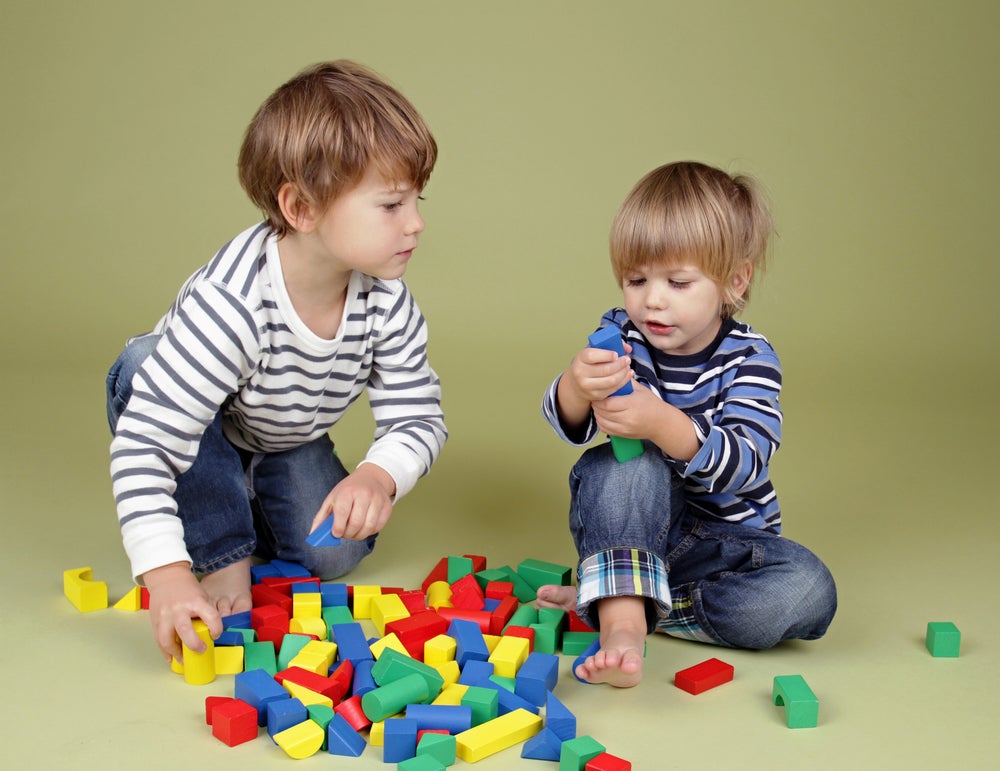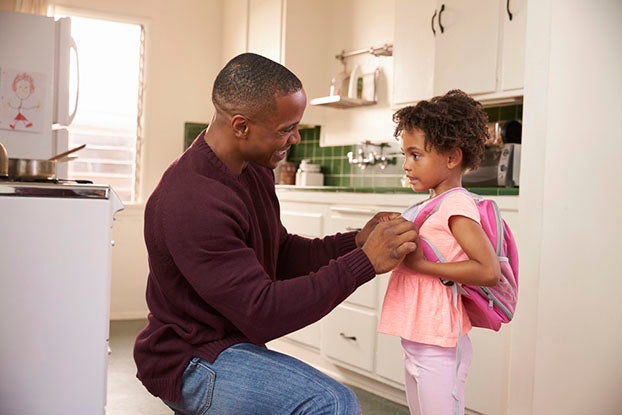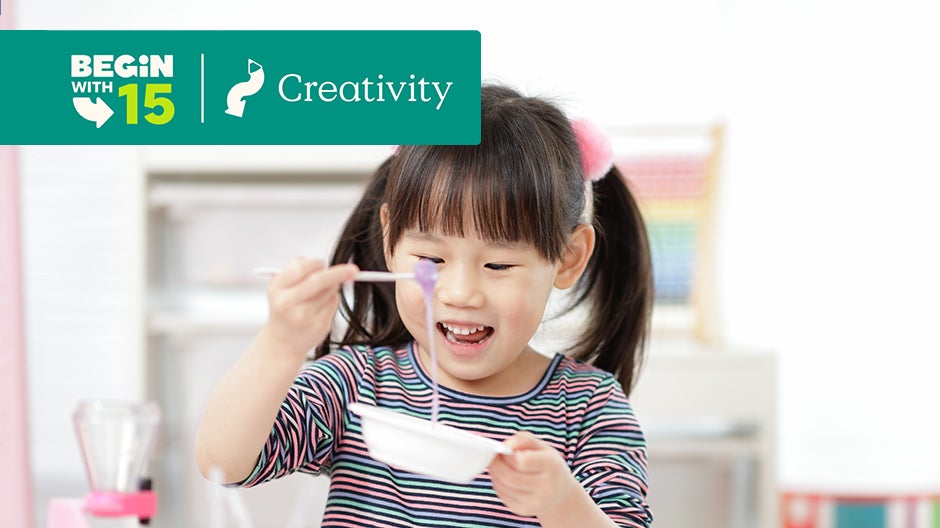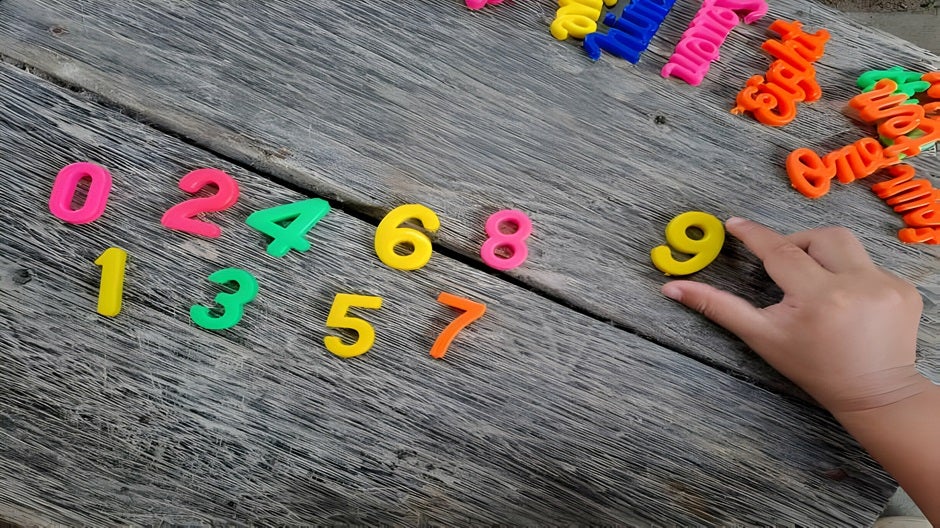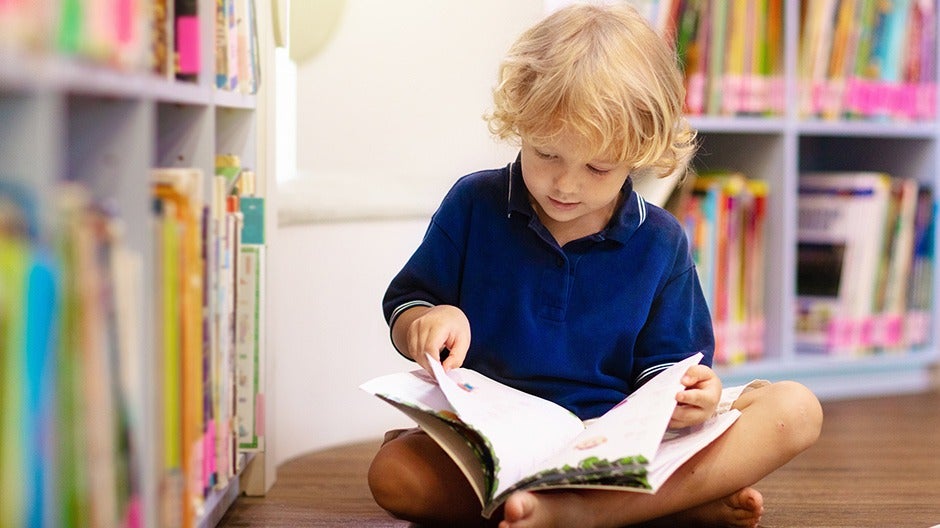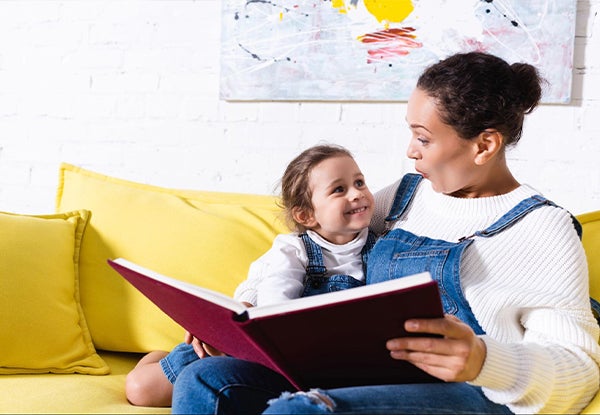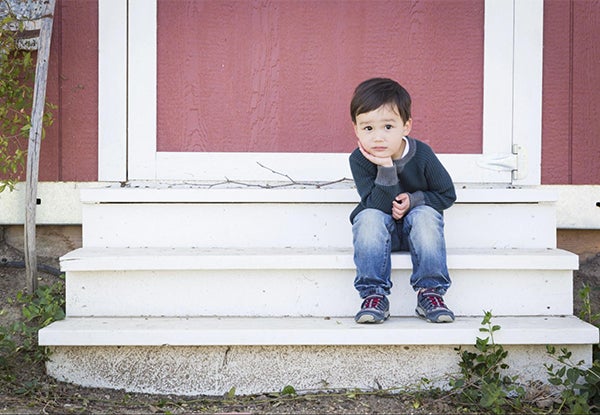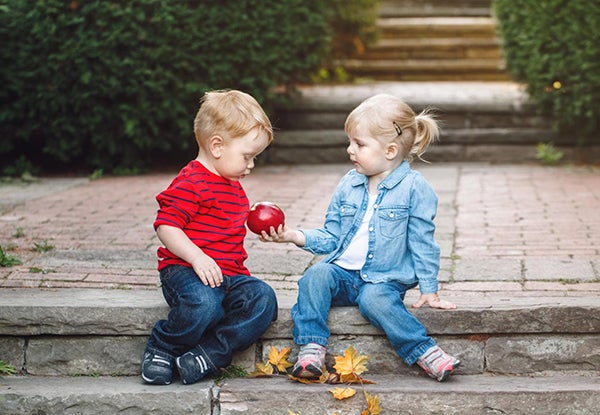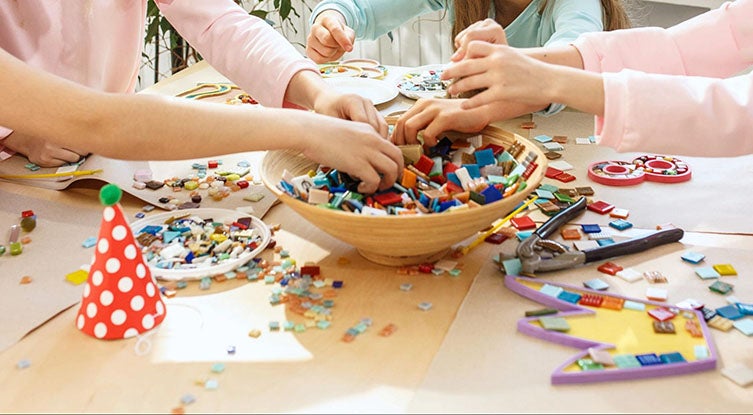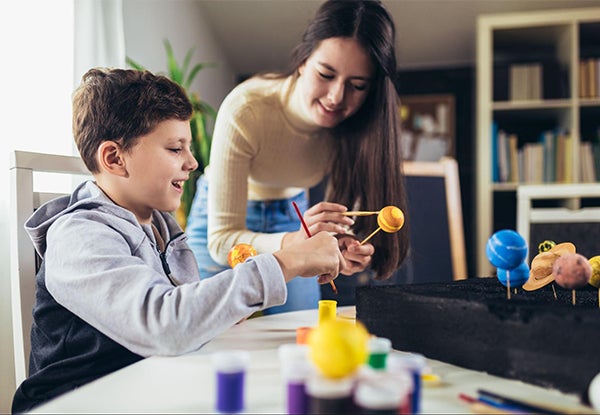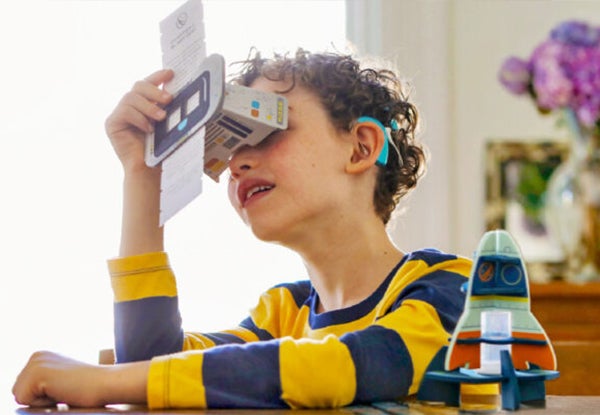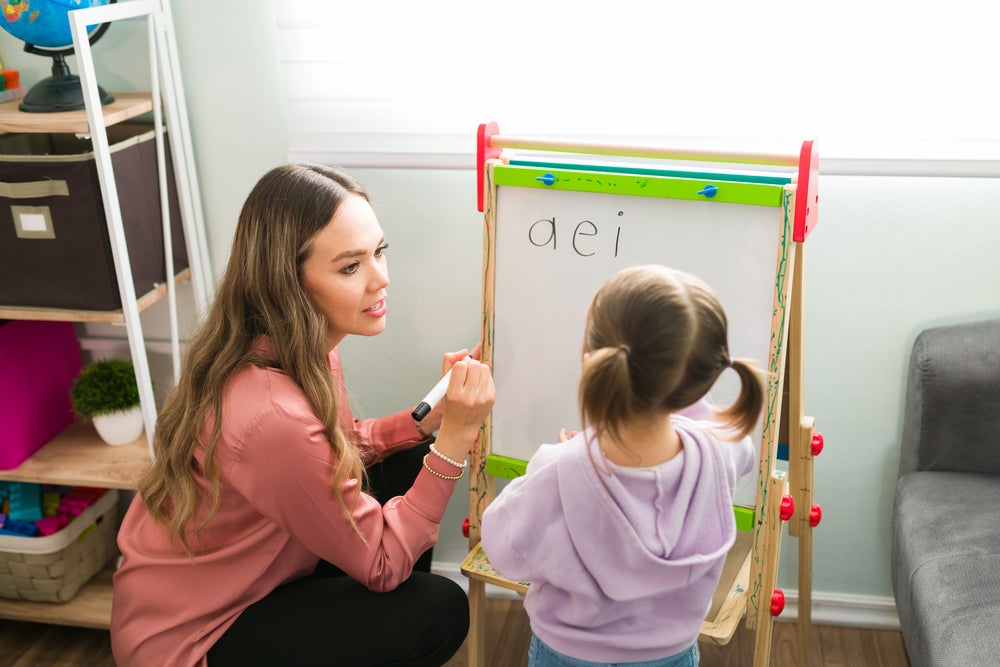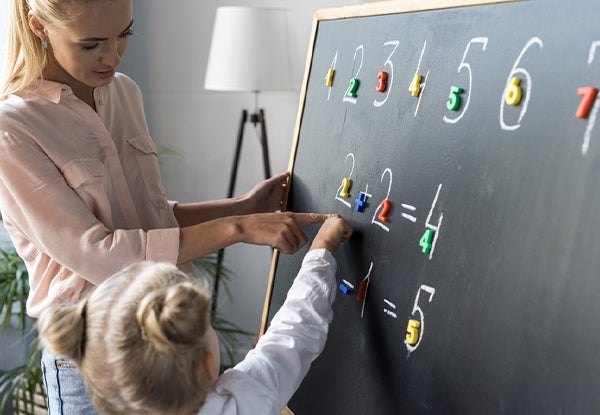As a parent, you want your child to grow into a well-rounded individual who can get along with others. You know good social skills are essential for making friends and building relationships. But how do you teach these things? With engaging social skills activities for kids!
Keep reading to find 25 fun activities to build social skills, plus tips for encouraging and supporting your child’s development in this area.
Table Of Contents
What Are Social Skills?
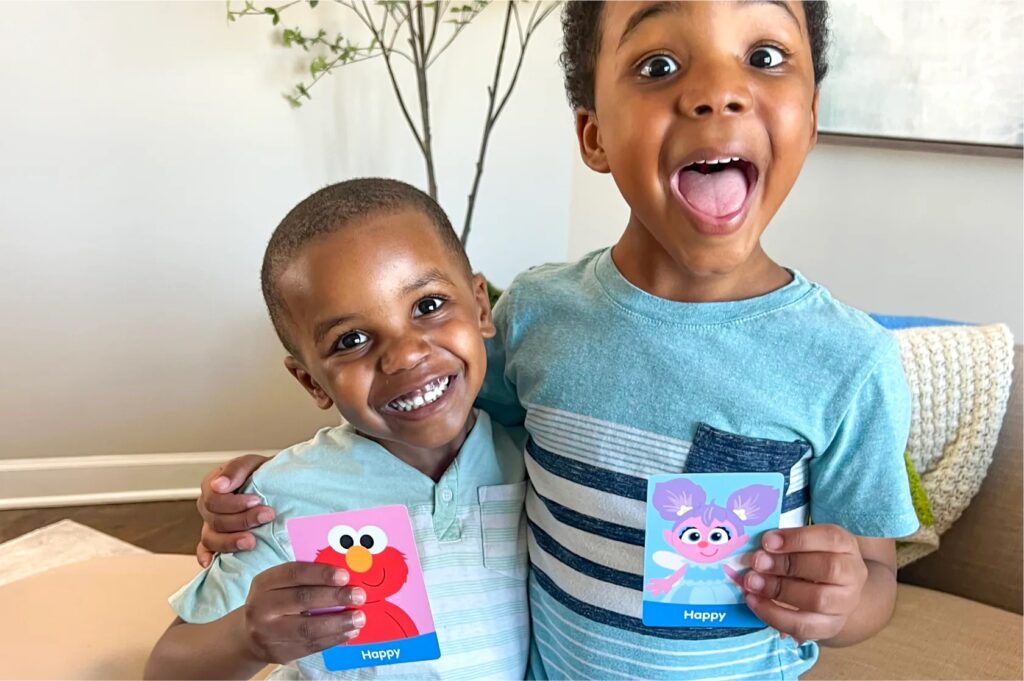
We use social skills to communicate, interact, and build relationships with others. They include:
- Active listening
- Empathy
- Conflict management
- Problem-solving
- Teamwork
- Communication
These skills are essential for kids to develop as they grow and navigate different social situations. By nurturing these skills early, you’re shaping your child’s character and helping them become more confident, empathetic, and successful in their relationships.
Character is one of the 5C’s of the Begin Approach — along with core skills, creativity, critical thinking, and curiosity — to help kids thrive in school and life. This framework emphasizes the whole child, including their social and emotional well-being.
25 Social Skills Activities For Kids
Now that you understand the importance of social skills, let’s explore some fun activities you can do with your child to help them develop these skills.
For Toddlers
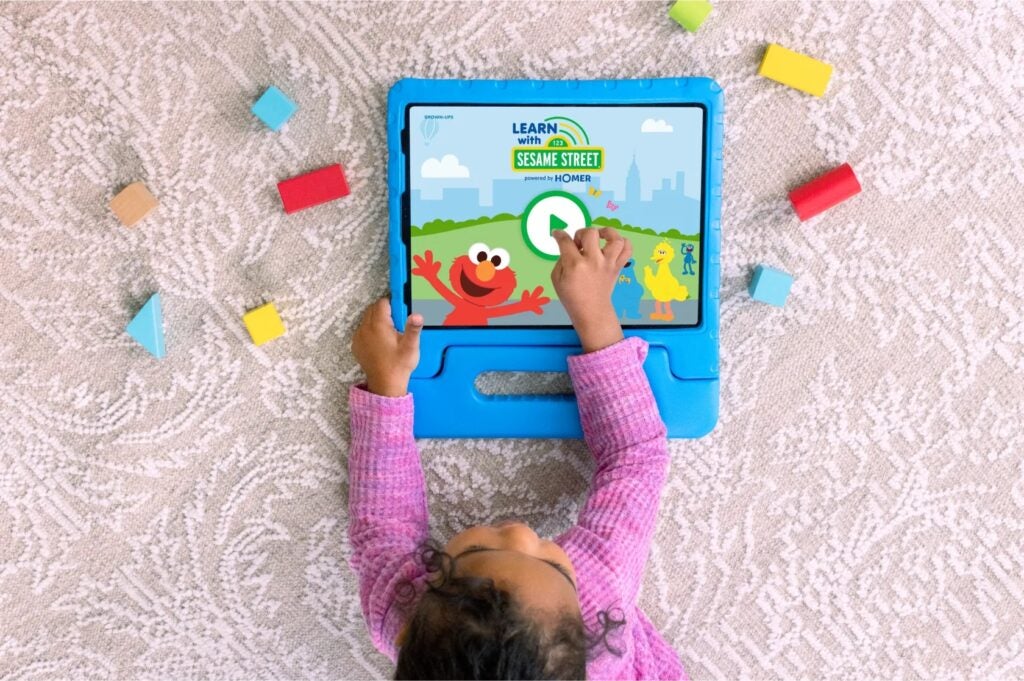
Toddlers are just beginning to understand how to interact with others and communicate their needs. The below activities focus on basic social skills such as naming emotions, sharing, and taking turns.
1) Look Into My Eyes
Eye contact establishes a sense of connection between two people. To encourage this behavior, sit across from your toddler and make a silly face. When your child makes eye contact, give them a big smile and make a different face.
2) How Do They Feel?
When reading a book or watching a TV show together, stop occasionally to discuss the characters’ feelings.
While your toddler likely won’t be ready to jump in on the conversation, you’re exposing them to the social-emotional vocabulary they’ll need in the future.
3) Sensory Playtime
Toddlers learn through play and exploration, so set up a sensory activity with rice or dried beans as the base. Add some simple kitchen tools or small toys and encourage your child to take turns using them with you.
4) Daily Dialogue
Talk about what others are doing and how they might be feeling. Incorporating this dialogue into your daily routine will help your child learn about the connection between actions and feelings.
5) Learn With Sesame Street
With a Learn With Sesame Street membership, your child will learn how to:
- Navigate conflicts with friends
- Overcome stressful situations
- Show kindness to others
- Work through big feelings
The membership delivers the best of digital play and hands-on fun!
6) Deep Breaths
When your toddler is feeling overwhelmed or upset, encourage them to follow your breathing pattern and take deep breaths with you to calm down.
7) Cooking Together
Involve your toddler in meal prep to help them feel like part of the team. As you cook, they’ll practice following directions and working collaboratively.
8) Dance Party
Turn up the music and boogie! Play various tunes and see how your toddler’s moves change with each song. Talk about how the music makes you feel, and encourage your little one to join the discussion.
9) Outdoor Exploration
Nature is very calming. Regularly get outside together and point out different plants, animals, and natural features.
Ask your child what they notice and encourage them to explore their surroundings and play with what’s around them.
10) Photo Talk
Sit down together and flip through photos on your phone (or break out a photo album). Show your toddler a picture and ask them to guess how the person is feeling.
For Preschoolers
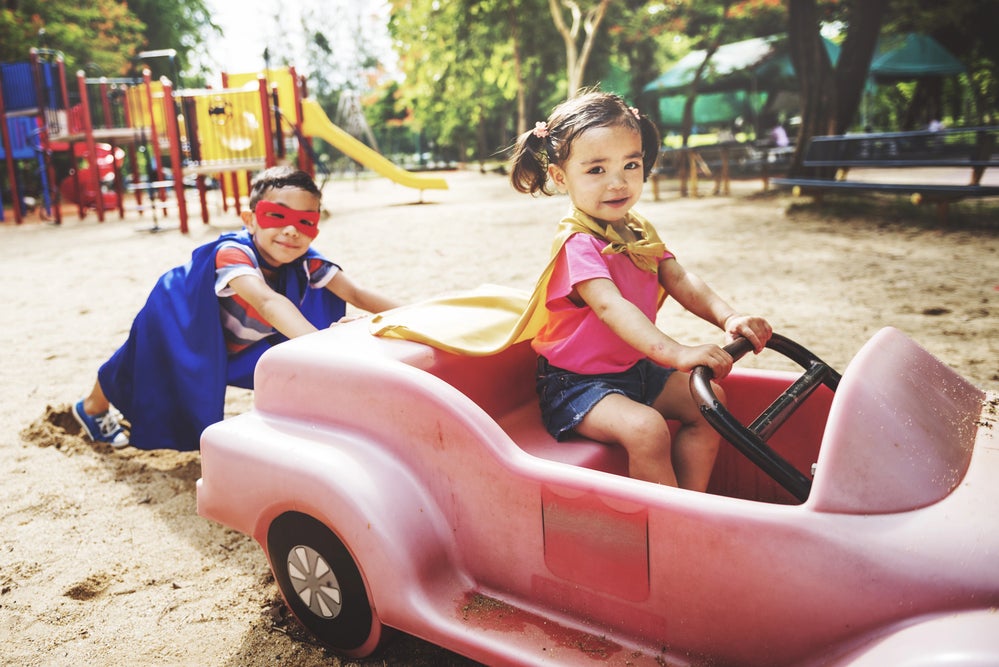
Preschoolers are learning about themselves and the world around them, making this a great age to foster deeper social skills and build character.
11) Role Playing
Break out the dress-up clothes and encourage your child to act out different scenarios. They might be a doctor, a teacher, or a superhero. By taking on various roles and using their imagination, your child will develop empathy and learn to see things from another’s perspective.
12) Puppet Show
Print out these DIY puppets and take turns making up stories and putting on puppet shoes for each other. Talk about how the puppets are feeling.
13) Camp Kindness
One of the games in the HOMER app helps your kids learn about feelings and emotions. Camp Kindness is a favorite for many kids! But it’s not the only game that focuses on social-emotional growth. Your child will learn many skills that translate to real life.
14) Simon Says
Learning to listen can be challenging for preschoolers. Let your child practice with a fun game of Simon Says. It’ll help them pay attention and listen carefully.
15) Board Games
Board games help preschoolers learn to take turns, follow rules, and work together toward a common goal. To make the most of game time, choose age-appropriate games that involve teamwork and cooperation.
16) Sharing Circle
The next time you have company, gather everyone for a sharing circle. Let everyone share something they’re grateful for or something positive that happened to them recently.
17) Apology Practice
Teach your child the importance of apologizing by encouraging them to say, “I’m sorry,” (and understand why) when they’ve done something wrong. Model this behavior and apologize for your mistakes as well.
18) Tower Stack
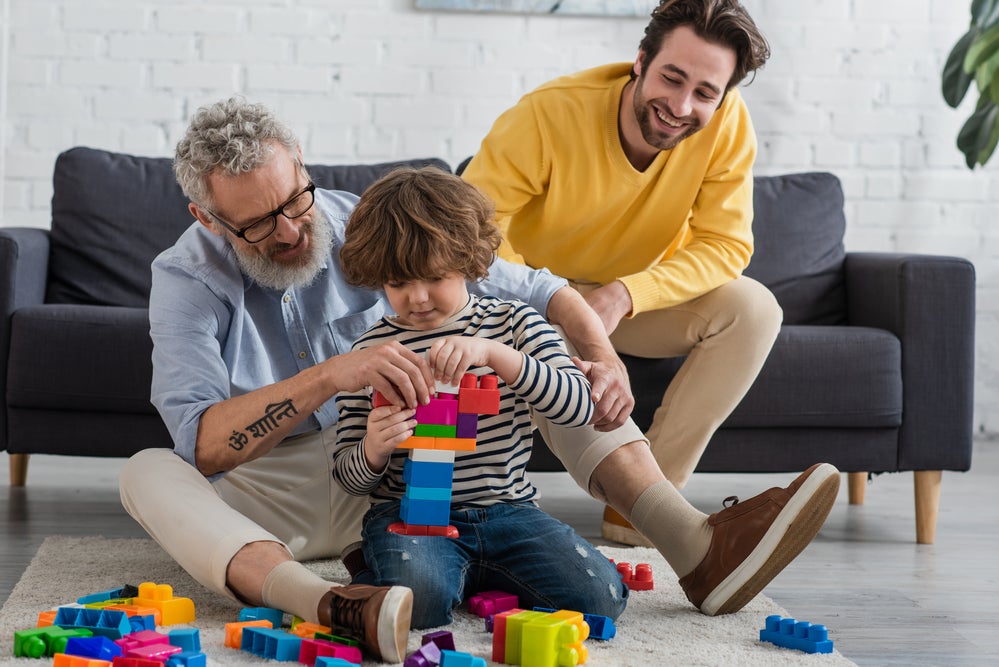
Take turns stacking blocks one on top of another. It can be hard to wait your turn when it gets wobbly, but encourage patience and have everyone try to guess who’ll put the last block on before the tower tumbles.
19) Cards For A Nursing Home
Set out some art supplies and have your child make cards or drawings to deliver to a local nursing home. Talk about how these pictures might brighten someone’s day.
20) Emotional Charades
Ask your child to act out different emotions. As you guess each one, talk about the clues you’re using. For example, “I think you’re feeling angry because your face is scrunched up and your hands are clenched.” This helps preschoolers learn how emotions manifest physically.
For Kids In School
Once your child begins elementary school, their social circle expands rapidly. Set them up for social success with these engaging activities.
21) Staring Contest
Have staring contests to help your child maintain eye contact. Practicing this skill without being expected to talk can help children feel more comfortable and confident.
22) Scavenger Hunt
Have some of your child’s friends over for an old-fashioned scavenger hunt. They’ll work together to solve riddles and find hidden objects, practicing teamwork, problem-solving, and communication.
Not to mention, scavenger hunts are loads of fun!
23) Manners Matter
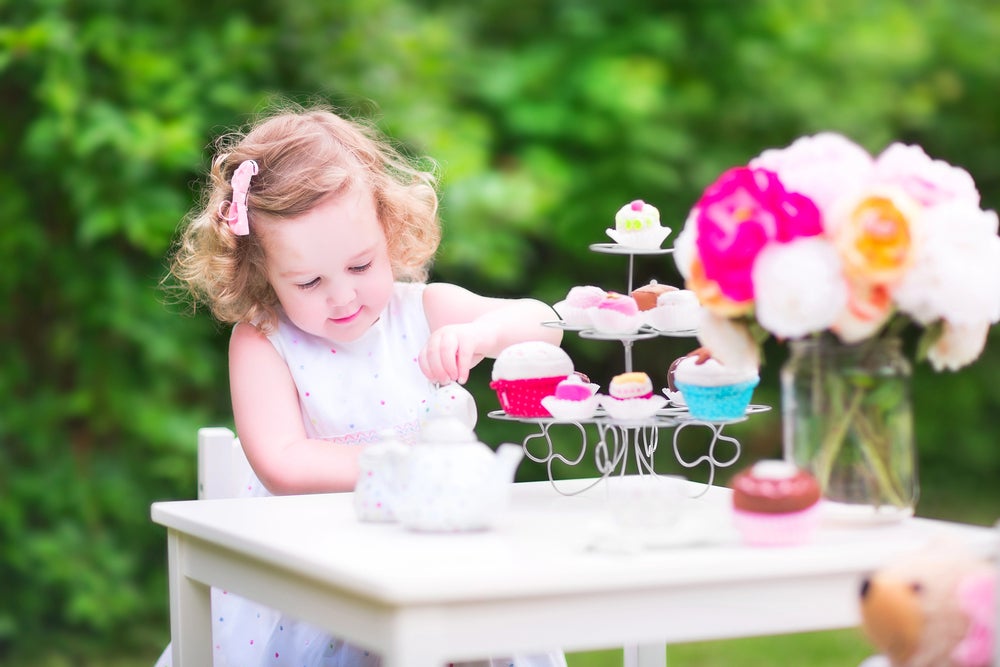
Have regular tea parties together where everyone at the table must practice polite habits. During these events, model:
- Saying please and thank you
- Keeping your elbows off the table
- Using your napkin to wipe your face
- Not clinking your silverware
24) Volunteering Together
Volunteering as a family develops empathy and compassion. It teaches your child the importance of giving back to the community.
25) Talent Show
Organize a neighborhood talent show to help your child build confidence and learn how to appreciate and support the abilities of others. Encourage positive feedback and applause after each act.
Tips For Teaching Social Skills
Social skills come naturally for some children, while others may need extra guidance and practice. Here are some tips for teaching social skills to your child.
- Model good social skills: Children learn by example, so model appropriate social behaviors and interactions in your relationships.
- Practice active listening: When your child is talking, listen. Show them what active listening looks like by making eye contact, nodding, and asking relevant questions.
- Use role-play: Role-playing helps children practice social skills in a safe and controlled environment. Act out different scenarios, such as starting a conversation with a new classmate or handling a conflict with a friend.
- Encourage empathy: Discuss how others might feel in certain situations and how your actions can impact others.
- Offer specific praise: When your child demonstrates good social skills, provide specific praise to reinforce their behavior. For example, “I noticed how you shared your toys with your friend; that was very kind of you.”
- Invite friends: Encourage your child to invite friends for playdates or activities. This allows them to practice these skills in a familiar, supervised environment.
- Address any underlying issues: If your child struggles with certain social skills, it could be due to underlying problems such as anxiety or ADHD. Discuss your concerns with their healthcare provider.
Support Your Child’s Development With Begin
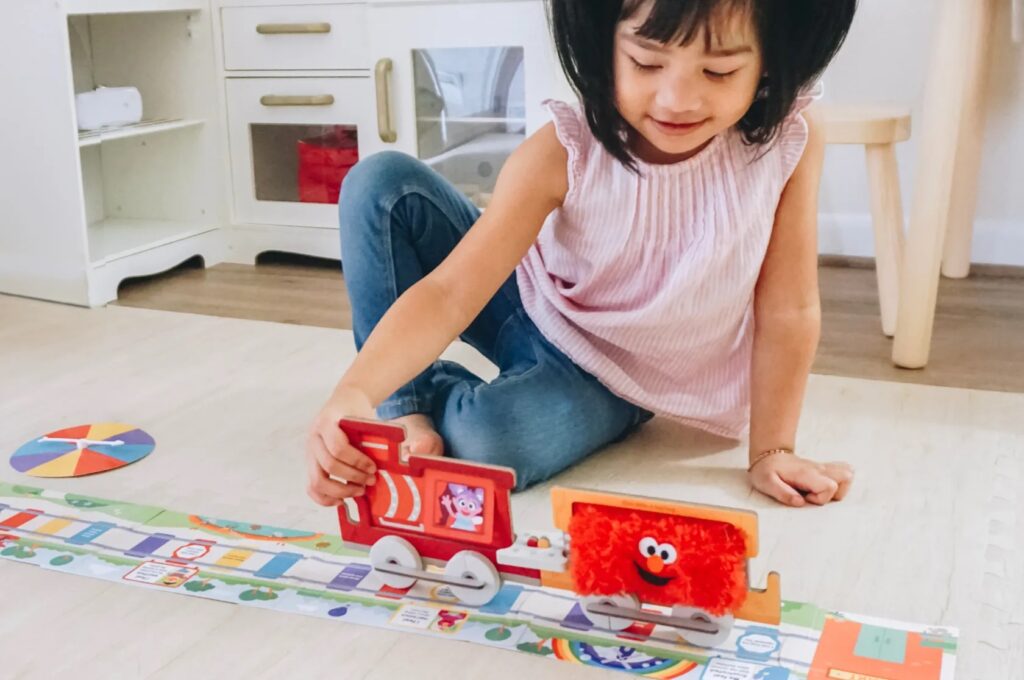
These social skills activities for kids are just a few ways to support your child’s character development while encouraging fun and play.
At Begin, we know the importance of character and include social-emotional activities in our learning products whenever possible.
From games in the HOMER app that help build confidence and develop self-awareness to the digital classes about emotional learning in Learn with Sesame Street by Begin, we want to help your child succeed in all areas of life.
Take our quiz today to start your child’s personalized learning journey!
